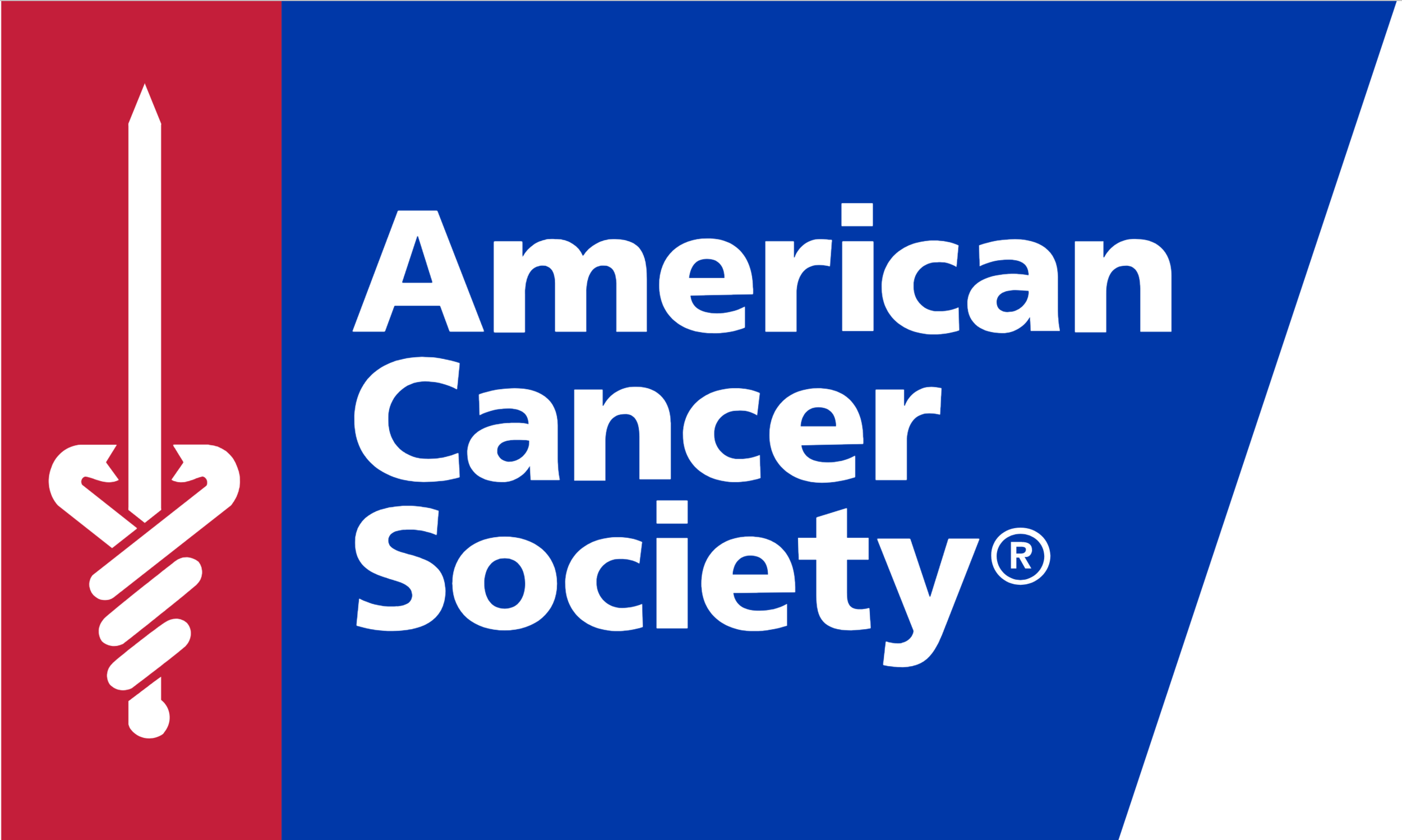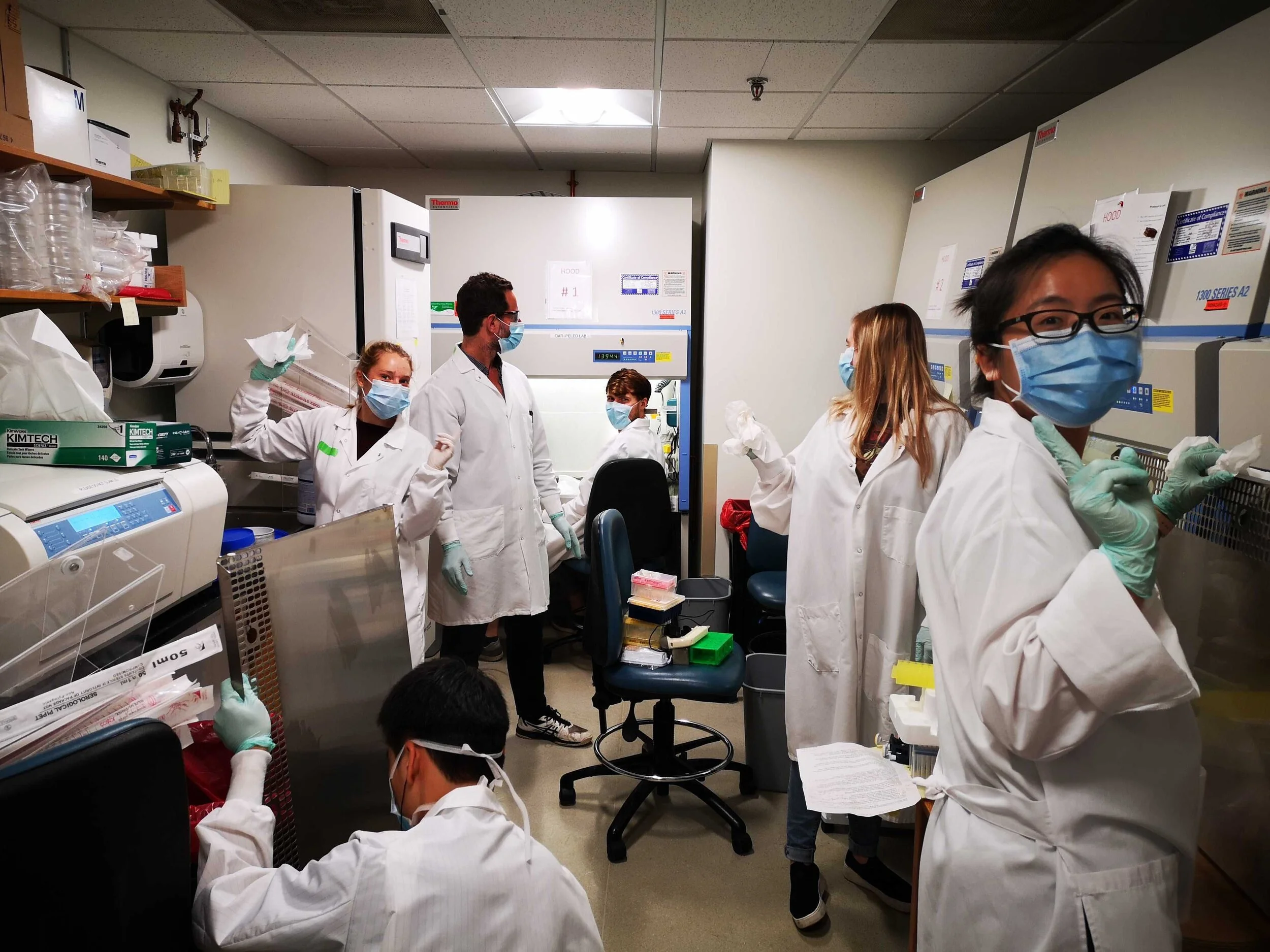Research
“Research in our lab sits at the interface of cellular metabolism and signal transduction and focuses on understanding how cancer cells respond to altered metabolic states. To answer these questions, we combine frontier molecular, chemical and proteomic approaches. ”
Research Overview
The biological impact of ROS in biology is among the most widely studied areas in biomedical research and represents a growing paradigm in signal transduction. The study of ROS requires creative technologies which overcome challenges in identifying physiological targets of ROS.
Chemical proteomic platforms massively accelerate precision-medicine drug discovery. Our lab adopts a patient-first strategy for drug discovery, utilizing patient tumors to provide a blueprint of druggable targets tailored to a patient’s cancer.
ROS Signaling in Cancer
NRF2-KEAP1 pathway is mutated in a 30% of lung cancers || Organellar ROS in signal transduction
An ‘Omics Approach to Cancer Drug Discovery
Chemical proteomics provides a novel approach to rapidly reveal druggable cancer drivers.
Krantz Quantum Award: Targeting Transcription Factors
Liron Bar-Peled, PhD, Michael Lawrence, PhD, and Chris Ott, PhD received the inaugural Krantz Quantum Award to further their work in using chemical-proteomics to target oncogenic transcription factors.















